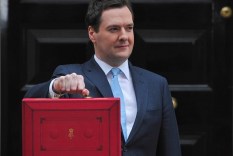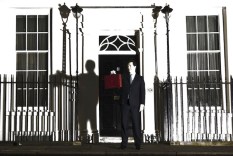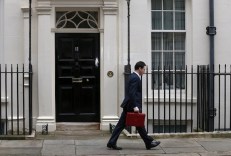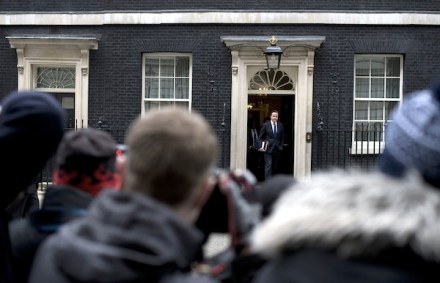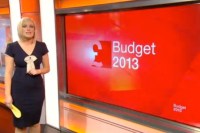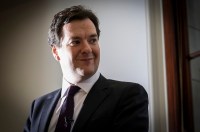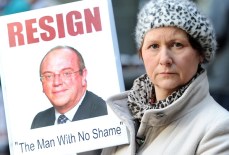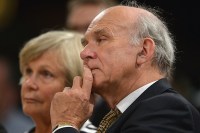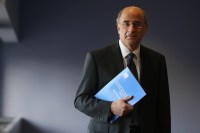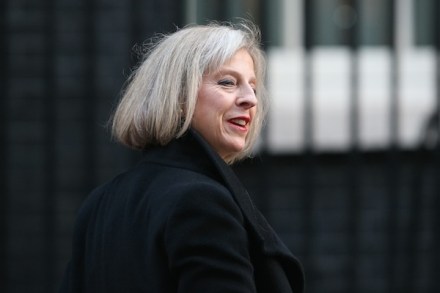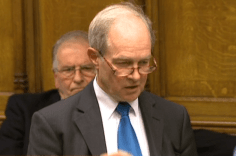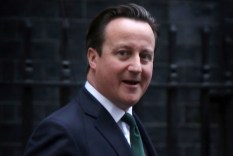Budget 2013: Osborne’s empty budget
This was, as I suspected, an empty budget. There was the usual whale spray of policies: a penny off beer duty here, petrol tax reduced there. Nowadays, we don’t have to wonder if the Budget will make a blind bit of difference: the Office for Budget Responsibility sees the figures in advance and does the sums. It concludes that the Budget will have ‘no impact on level of GDP at the end of the forecast horizon’. To Osborne’s credit, he didn’t try to spin this. The recovery has stalled and he has run out of ideas about how to start it again. It’s difficult to put a gloss on this



